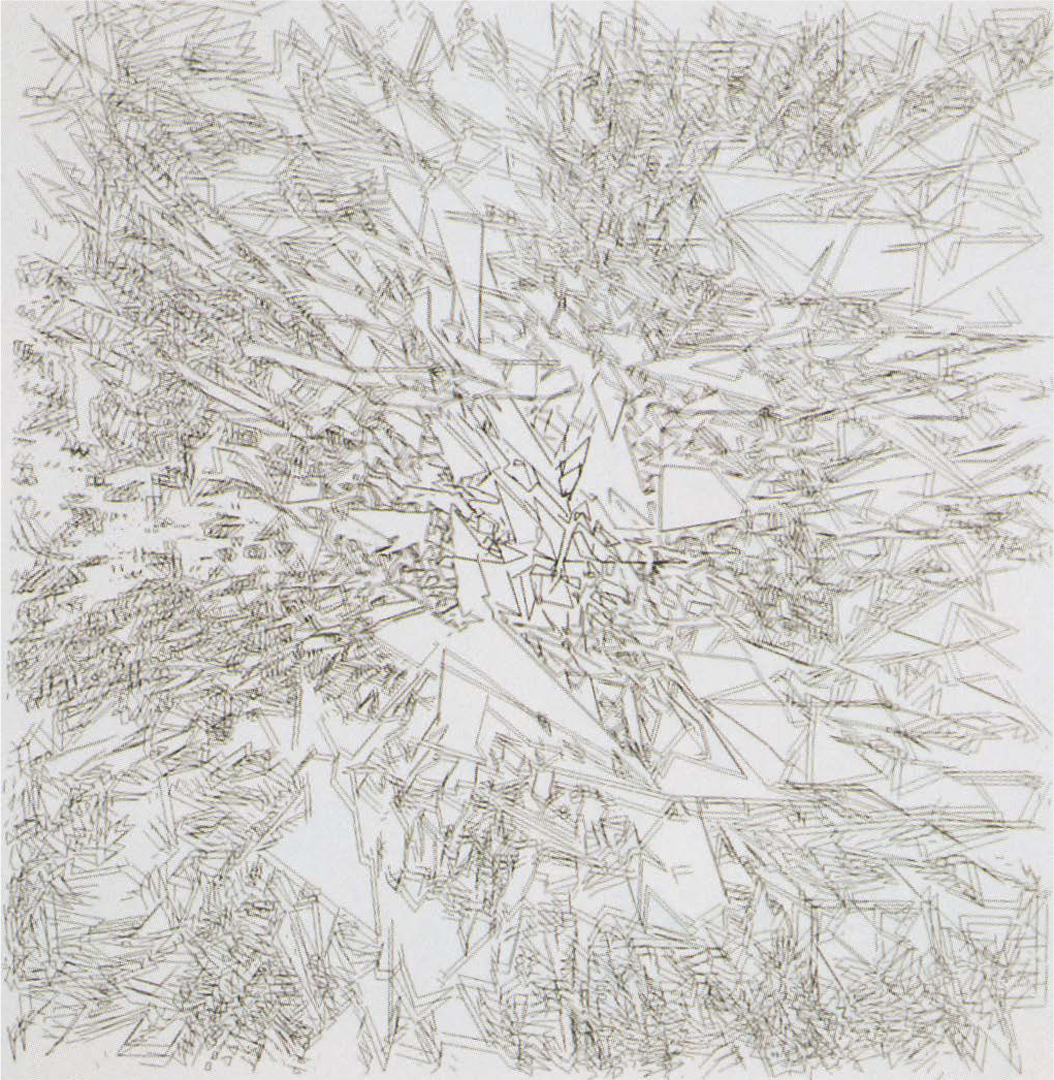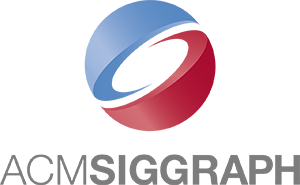Hans Dehlinger: DSCN0779.1CC
Artist(s):
Title:
- DSCN0779.1CC
Exhibition:
Medium:
- Algorithmic image, plotter drawing, gel pen on paper
Size:
- 26" x 22"
Category:
Artist Statement:
My focus of interest is experimenting with the algorithmic generation of pen-plotter drawings. I wrote a program to realize a conceptual idea for a drawing, and it demanded all the strictness and logic common to computer programs. It also strongly contributes to the clarification of the conceptual idea. Later, it may use additional processes drawn from other software programs.
To write a program for the purpose of generating a piece of art is pure luxury, and it is a highly enjoyable personal experience. Such a program does not solve a pressing problem, no client is waiting for code, nobody is interested, there is no real purpose, it is serious and challenging, but it is intimately connected to pleasure, nothing but pleasure.
I make use of a number of programming languages, some of them running on very old computers, some of them still running on my Macs. Programming languages die, computer systems die, and the peripheral computer device I love most, the pen-plotter is already dead or almost so. But its high potential for realizing drawings of all types have not nearly been fathomed before it was replaced by printing technology. The plotter uses strings of HPGL code, which, in the most simple case, are coordinate pairs that provide the commands pen-up and pen-down. It was a most irritating experience recently, after many years of serious programming, to be able to produce one of my drawings with a sort of program that consists only of a few successive search-and-replace statements applied to a list of coordinate pairs in a standard word processor.
The simplicity of the line and its indefinite richness of expression in drawings are fascinating, even more so when the design of the drawing is based on strict rules of generation.
Technical Information:
The generative process is programmed to leave larger areas toward the center of the image empty. The blurring is deliberately produced by minor scaling operations. The image is part of a series of experiments with unsharp boundaries.





